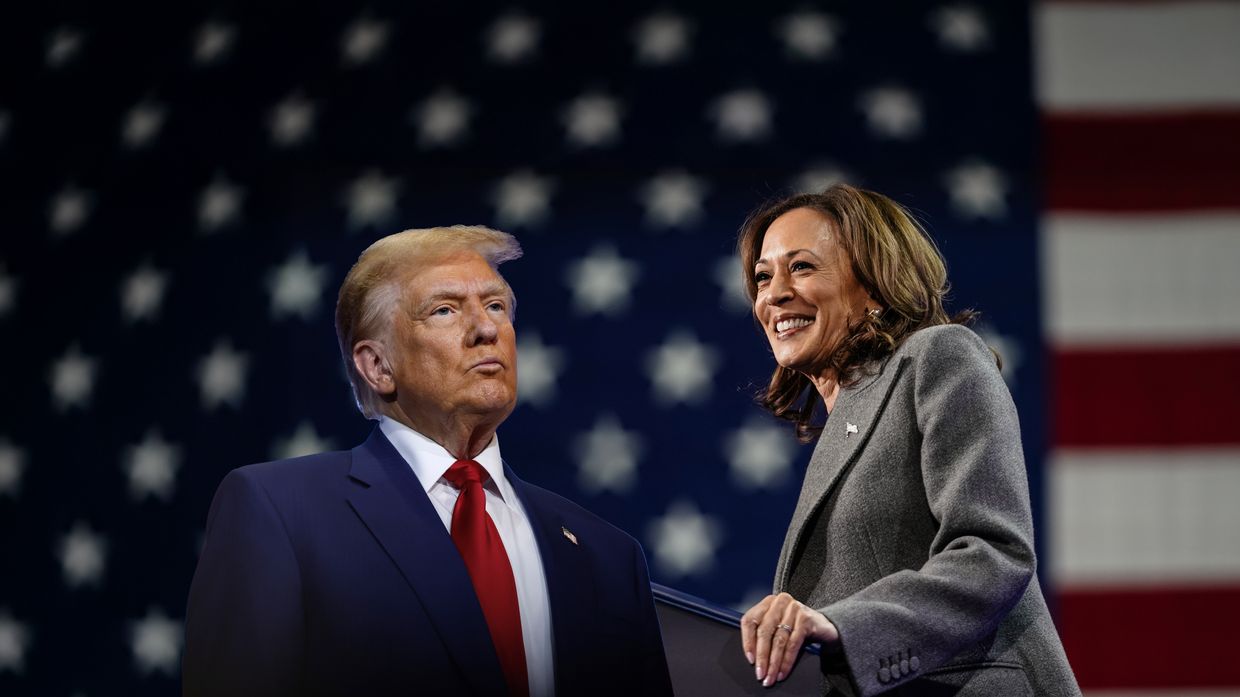Despite 'unprecedented' amount of disinformation, no evidence it will directly impact outcome of election, US cybersecurity chief says

Jen Easterly, director of the U.S. Cybersecurity and Infrastructure Security Agency, said on Nov. 4 that the agency had seen no evidence disinformation could directly impact the results of the U.S. election, despite a surge ahead of election day.
Throughout the campaign, Russia has been accused of attempting to spread false claims on a number of topics surrounding the election, including disinformation about the candidates and election security.
On Nov. 2, the FBI warned that fake videos were circulating online, likely part of a Russian-backed influence campaign.
U.S. intelligence agencies and Microsoft have recently warned that foreign adversaries are engaging in influence campaigns to mislead voters ahead of the 2024 election.
Both the U.S. government and Microsoft have indicated that Russia favors former President Donald Trump, while Iran supports Vice President Kamala Harris. U.S. intelligence sources said on Oct. 22 that Russian disinformation groups have also been linked to viral attacks targeting Democratic vice presidential candidate Tim Walz.
A senior Cybersecurity and Infrastructure Security Agency agency told Reuters that there was a high likelihood that disinformation campaigns will continue until the results are formally certified on Jan. 6, 2025.
Russia has a storied history of spreading election disinformation, having been at the center of disinformation efforts during the 2016 and 2020 U.S. presidential election.
Its disinformation efforts were recently seen in Moldova where Russia attempted to sway influence, driving voters away from Moldova's accession to the European Union. Despite the efforts, incumbent pro-EU President Maia Sandu narrowly defeated pro-Russian candidate Alexandr Stoianoglo.
In early October, Czech Foreign Minister Jan Lipavsky said at a conference in Prague that Russia is responsible for 80% of all the foreign influence operations in Europe, amounting to "four times more than the rest of the world combined."












